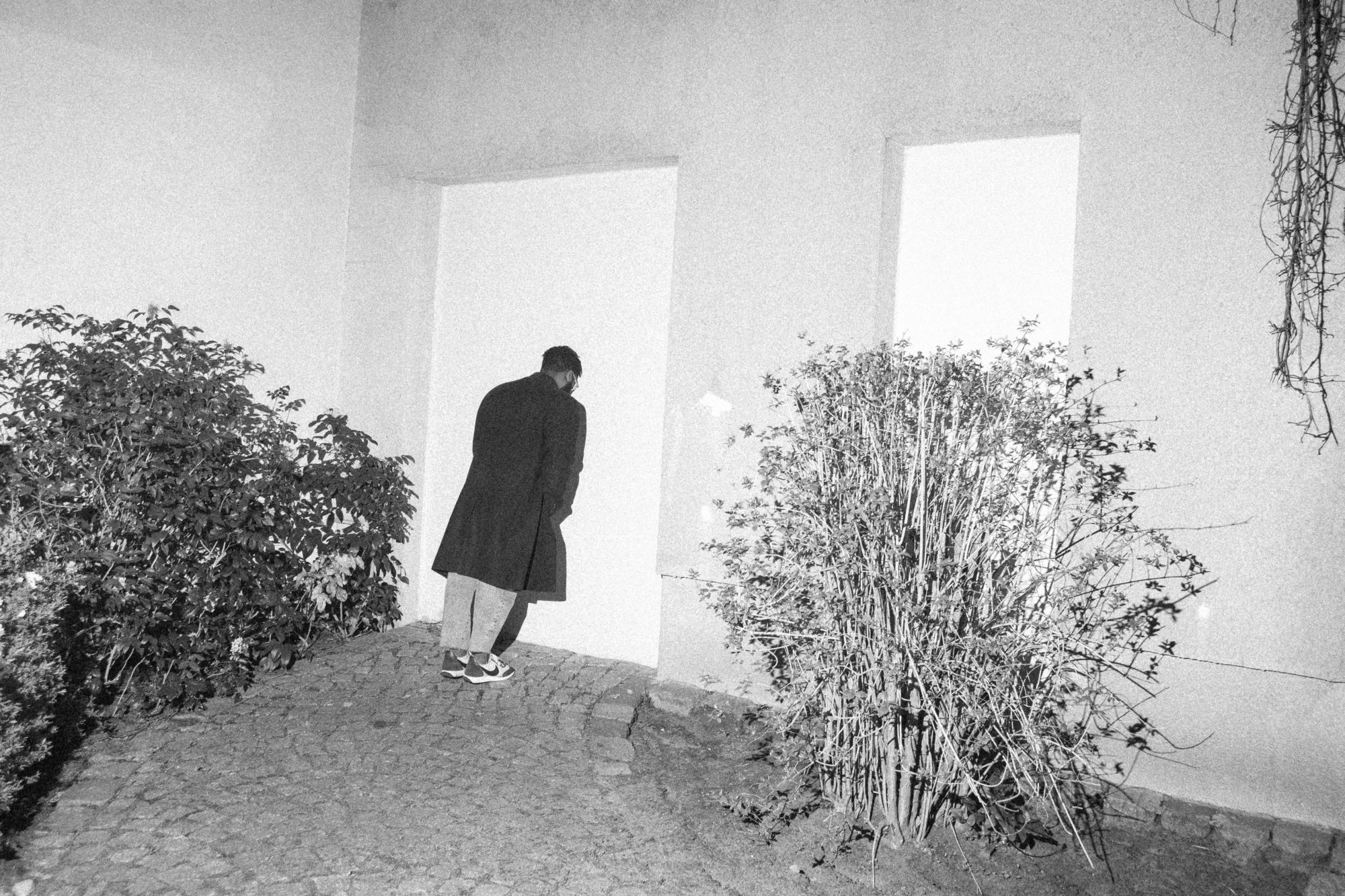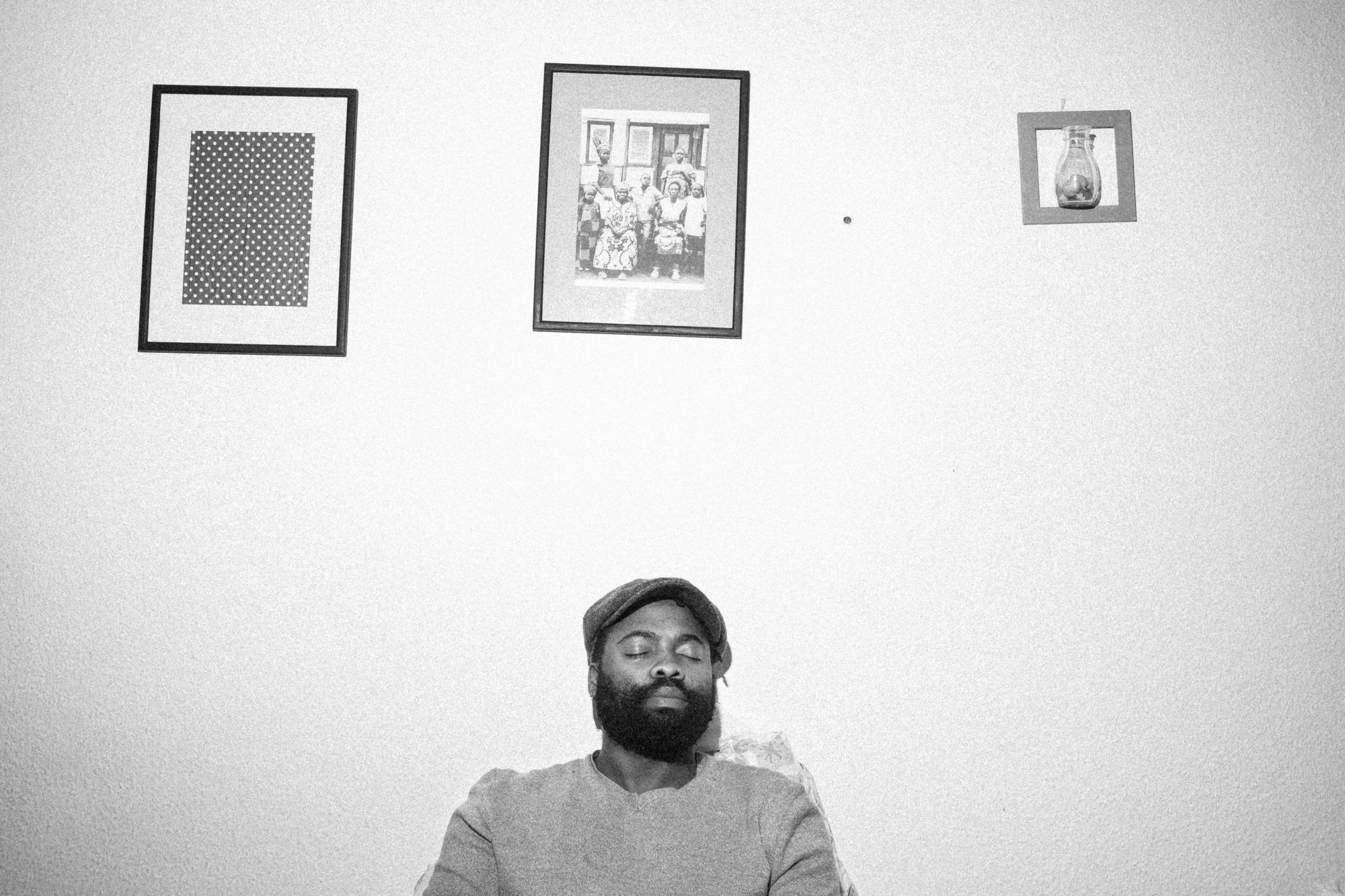Living in plain sight and other exploits
In Berlin, we do not do soft landings. People jump off the ground at high speed.
When a body splits itself into halves, it finds communities
Here, people live in coat-closets; in dismal and run-down edifices without functioning heating and water systems; in cellars and roof-top areas designed to diminish enormous egos; in smallish one-room lodgings with pals, siblings, and partners; on the outskirts – in locations near enough like Spandau and Brandenburg, so that they too can share in the grace and promise of endless opportunities that come with the privilege of being close to a city that promises a world of possibilities. A city that promises the prospect of new cultures, trends, clandestine affairs, and dalliances under a Fernsehturm.
When a body becomes a target, sometimes it knows what is happening
I have lived in a house that did not carry my name on its doors for almost two straight years. Somehow I convinced myself it was the lesser of two evils: to live as a ghost or to live at a place with an older couple where I was expected to pay in kind and not in cash. To pay in kind meant, I would go into an arrangement of sorts that required me to perform certain sexual favours and, in return, I would be given a room to lodge my body in until I could find a permanent place. I decided I wanted to become a ghost. Between September of 2018 and April 2020, I lived in Spandau. It is a small city that dances close to the edges of Berlin. Within that time frame, I did not have a body that moved freely. I had a body that was under constant scrutiny by others. When I came and went, who walked in through the door with me, what music I listened to, what dishes I cooked, how I chose to carry myself, were all under scrutiny.Visitors weren’t allowed. When friends visited, I told them to call on arrival – so that I could sneak them in when no one was watching. They had to pass a test before my flatmates could welcome them to see the ruins we had made our home. A home we shared with rats, spiders, and ants. We did not have a well-functioning kitchen or bathroom. Our kitchen sink was next door to a tiny stall we showered in. It had no door. At times, when one of us was cooking and the other needed to shower, you could see parts of their body during this very private moment. After showering, the stall flooded itself and foamed into the kitchen. Our toilet, which stood in the same place as the wash stall, left nothing to the imagination – it had no windows or circulatory system. Whatever happened in it, went directly into the kitchen. But we did not care. We were migrants. We had come from afar. We had left our families, friends, partners, pets behind. So it didn’t matter to us that we weren’t living in a finely furnished house. We were grateful to have found a place we could lay our heavy heads in when night arrived and daylight took its hard-earned break. I didn’t care that all I had was a mattress on the floor. I had a purpose big enough to insulate me from what I was surrounded by. In Spandau, I was in hiding. I was in hiding from my landlord and his wife. When I moved in, they didn’t like the fact that I was Black, Queer, and conspicuous. They made no secret of it. I understood what was happening.
When a body performs, it puts itself on display
As a Black man who traffics white spaces, I know how I am perceived on most days. When I am out apartment hunting, it is a completely different game. In those moments, I am vulnerable. When I approach potential landlords, prior room occupants, real estate agents, I make myself small to dispel any and every myth they have of a Black man. I enter into rooms performing. I put on a subtle performance to better my chances. My accent changes. My posture sharpens. My body hoists itself upward. I become a person without many words, a sheep needing a steward. I put my body on hold and in a waiting position. The bodies of the landlords perform too. Their mouths speak. But their feet look away from me – as if they are ready on their mark to get-set and go.
When a body negotiates with things it doesn’t own, it forfeits its agency
We go into negotiations with nameless, faceless entities in foreign countries whose identities are hidden behind shell companies on post boxes and Swiss bank accounts that cannot be traced – they require full compliance. So we undress our bodies and get naked before them. We provide social security numbers, dates of birth, bank account details, Burgschaft from parents, benefactors, and sugar daddies… We put ourselves at their disposal, we open up to them, we tell them our deepest secrets so that they can decide in our favour. And yet we know nothing about them. There is a danger to that. There is a danger to a one-sided engagement.
When a body finds purpose, new notions emerge
So, when my friends and I hear the word ‘housing’, our faces morph. Our smiles vanish. They slide off into some kind of reverie. We become porcelain dolls, masquerading. Our eyes go still and something else takes control. And we are reminded that we own nothing but the clothes on our backs and the bills that continue to pile up. The term ‘housing’ inspires a kind of anxiety we want our bodies nowhere near. But, when asked about what we search for when we go house hunting, we say we want whole countries, and nations. We search for language that says: You are home, here – put down your bags, take a seat and crack open a Kola Nut. We say there are houses in our futures. We say: We still believe that to live in a place is to belong to it. It is to walk its streets in broad daylight with roses in our hair, throwing our bodies like we own the grounds that caress our feet. To belong is to have a roof over our heads and places to which our bodies can retire to warm blankets, cupboards with clothes that fit, images of faces we recognize on walls and histories we shall hold dear, forever. Our lives are not simply about paying bills, and long work hours.
Living in plain sight and other exploits, 2022
First published as a contribution to Tema Magazine, curated by Viola Karsten, edited by Justin Honeyford

